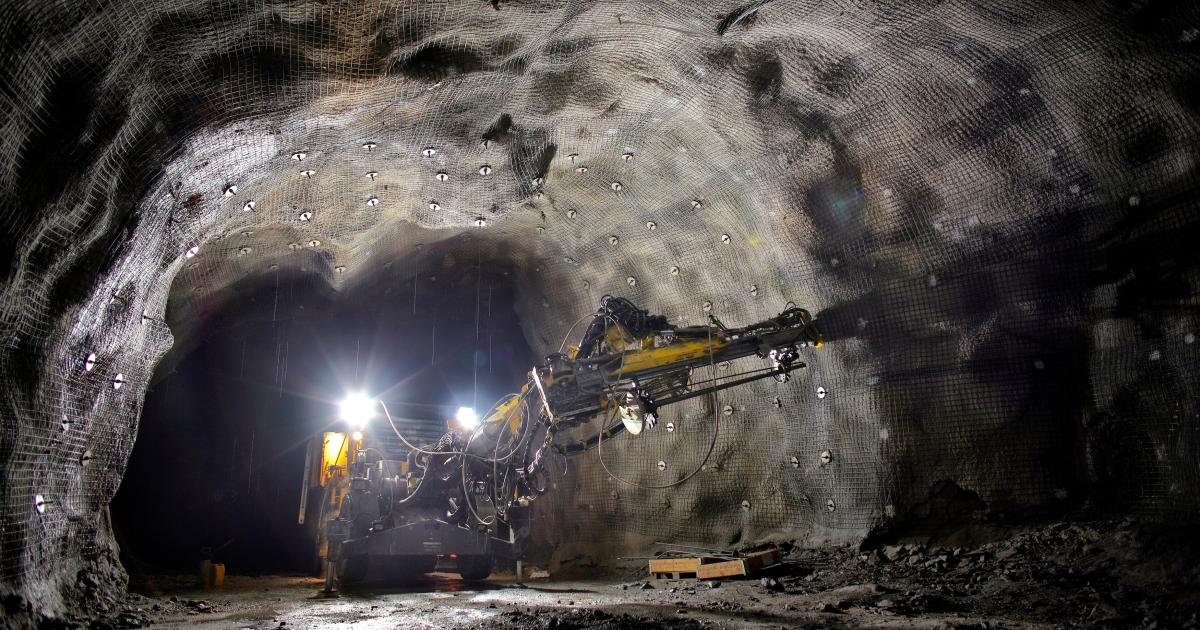In other words, the authorities’ review approves of LKAB’s work to transition its operations so far and emphasizes that LKAB has prioritized securing profitability and functioning technology before the investment decision is made. It is also seen as positive that decisions about the transition are made in stages.
When the prerequisites have been lacking, there are examples of LKAB changing its plans or postponing them, writes the authors of the report.
At the same time, the Audit Office highlights that the long-term risks are significant and that there is uncertainty surrounding the profitability of the investment.
“The calculations made by the company so far are based on several prerequisites which, when they were carried out, were in line with external analyses. But several prerequisites have worsened, which impacts the profitability negatively,” says Magnus Landergren, the project leader of the review, in a press release.
It further states, among other things, that the price of energy will play a significant part.
“Although LKAB can enter into fixed agreements with electricity producers during the first years of production, securing the electricity price for the entire investment life is impossible. If the transition is carried out, it will require so much electricity that it could lead to higher electricity prices, weakening LKAB’s profitability,” the report authors write.
The National Audit Office’s report also states that the electricity consumption of the demonstration facility is estimated to be 5 TWh per year. The electricity consumption of the demo plant thus corresponds to an increase in Sweden’s total electricity consumption of almost four percent.
